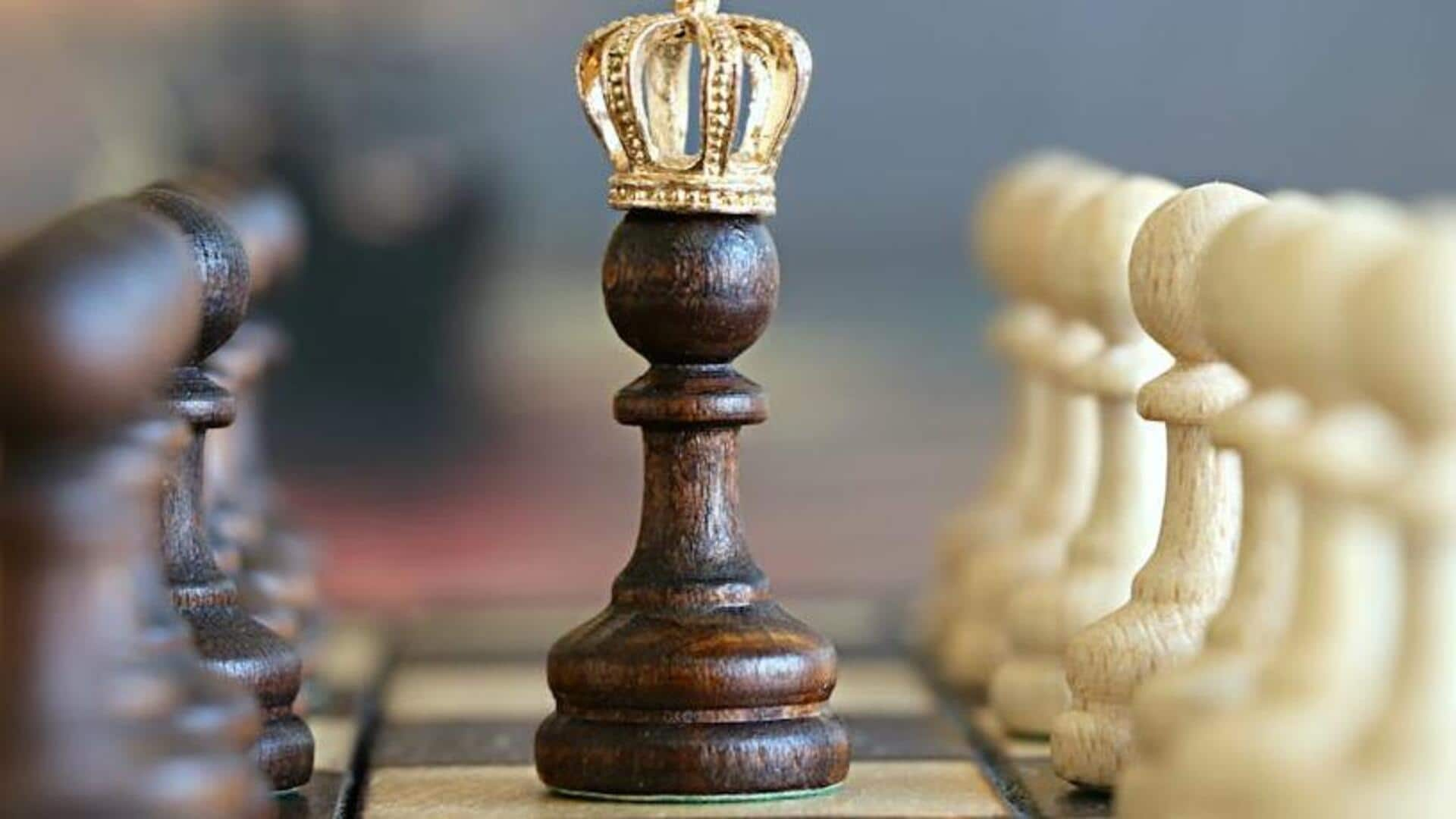
Cognitive function: Chess vs. sudoku benefits
What's the story
Analyzing the cognitive benefits of chess and sudoku reveals the significant potential of these activities to strengthen mental capabilities. Both games are well-regarded for enhancing cognitive function, benefiting problem-solving skills, memory, and concentration. This article provides a detailed exploration of the unique advantages offered by each activity. Through a comparative analysis, readers can gain a comprehensive understanding of how each game contributes to cognitive health.
Problem-solving
Enhancing problem-solving skills
Chess is well-known for its benefit on problem-solving skills, as it necessitates predicting opponents' actions and strategizing several moves in advance. This fosters critical thinking and strategic planning. On the other hand, sudoku tasks players with discerning patterns and logically inferring numbers' positions within a grid, exercising the brain's problem-solving capabilities in a distinct way.
Memory boost
Boosting memory and concentration
Playing chess improves memory as players have to recall opponents' tactics and a wide range of possible moves. Likewise, sudoku players also benefit from enhanced short-term memory as they remember numbers in rows and columns to prevent duplication. Plus, both games demand prolonged focus, training the brain to maintain concentration over long periods.
Speed increase
Increasing processing speed
Experienced Sudoku players often exhibit increased processing speed due to the skill's reliance on quickly identifying patterns among numbers. Likewise, chess improves processing speed by training players to rapidly assess multiple potential moves and their consequences during real-time gameplay. Regular participation in either game sharpens mental reflexes, enabling faster problem-solving capabilities. This form of exercise enhances cognitive function by optimizing the brain's information processing efficiency.
Stress relief
Stress reduction benefits
Despite the mental gymnastics involved, both chess and sudoku have gained popularity for their stress reduction benefits. The intense focus required for these games distracts the mind from everyday stressors, promoting a state of mindfulness similar to meditation. This mental engagement not only induces a calming effect on the brain but also significantly lowers overall stress levels, fostering positive mental health.
Social play
Social interaction through chess
Chess provides a distinct social advantage over sudoku, which is traditionally a solitary activity on paper. Playing chess with others fosters a sense of community and enhances emotional intelligence by observing and interpreting opponents' behavior and reactions during games. This social dimension of chess offers further cognitive stimulation, promoting both intellectual and emotional well-being through social interaction.